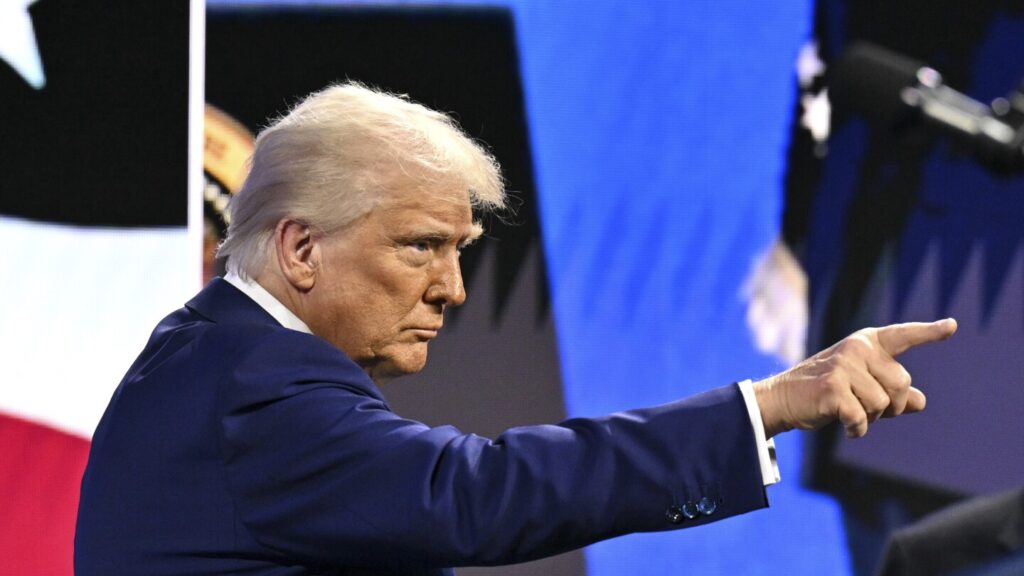A federal judge has ordered the Office of Personnel Management (OPM) to rescind directives from the Trump administration that instructed federal agencies to assess and potentially terminate certain employees. The ruling, issued Thursday by Judge William Alsup of the Northern District of California, declared the directives “illegal” and invalid.

The order affects a January 20 memo and a February 14 internal email that directed agencies to “promptly determine whether these employees should be retained at the agency.” The ruling does not reinstate any dismissed employees but blocks further terminations based on the directive.
Alsup instructed OPM to notify the Department of Defense by Friday, ahead of planned probationary terminations, that the firings are invalid. He also scheduled a hearing where acting OPM Director Charles Ezell is expected to testify, though a date has not been set.
“The Office of Personnel Management does not have any authority whatsoever under any statute in the history of the universe to hire and fire employees within another agency,” Alsup said. “It can hire its own employees, yes. It can fire them. But it cannot order or direct some other agency to do so.”
The judge also emphasized the significance of probationary employees in the federal workforce.
“They come in at the low level and work their way up, and that’s how we renew ourselves and reinvent ourselves,” Alsup said.
Attorneys challenging the directive argued that the government’s position allows for employees to be dismissed at will, contradicting federal employment protections.
“The government should not operate in secrecy when it comes to wholesale orders to fire so many people,” said Danielle Leonard, an attorney representing the plaintiffs. “Probationary employees and agencies do have obligations before firing probationary employees.”
A key debate in court centered on whether OPM’s mid-February communication was an “order” or merely a “request” to federal agencies.
“Something aberrational happens—not just in one agency, but across the government, in many agencies on the same day. Doesn’t that sound like somebody ordered it to happen, as opposed to, ‘Oh, we just got guidance’?” Alsup asked Assistant U.S. Attorney Kelsey Helland, the only government representative at the hearing.
Helland maintained that OPM did not explicitly order the firings, stating, “Asking is not ordering.” She suggested that affected employees should appeal through the Office of Special Counsel or the Merit Systems Protection Board instead of seeking emergency court intervention.
Leonard rejected that argument.
“Are they really contending to this court that all of these federal employees are lying, Your Honor?” she asked. “That’s what counsel is saying. I don’t think it’s credible.”
The OPM directives could have affected hundreds of thousands of federal workers, according to agency data, though the exact number of employees terminated under the policy remains unclear.
With the ruling in place, terminations linked to the Trump-era directive are now under scrutiny, and the legal battle over federal employment protections continues.


